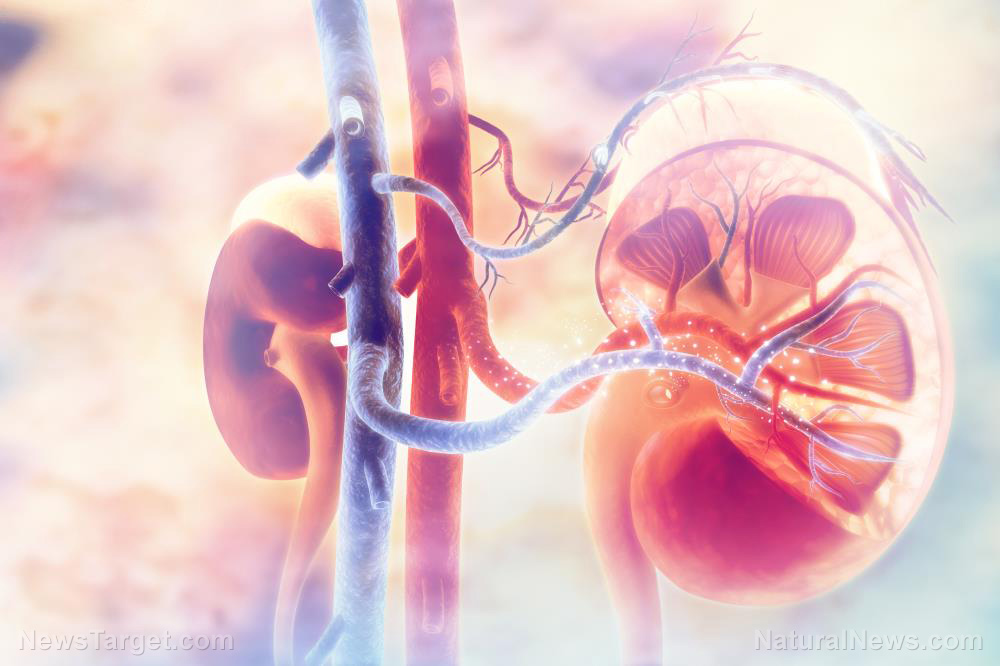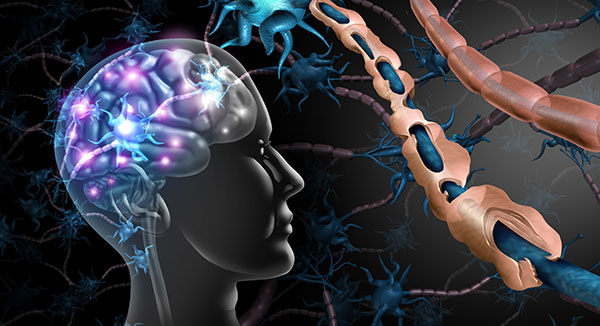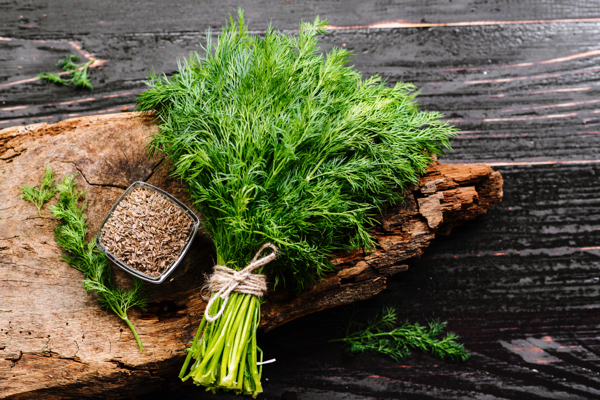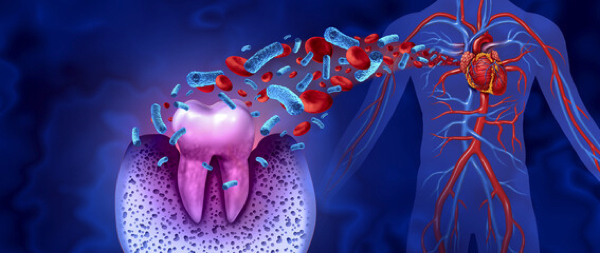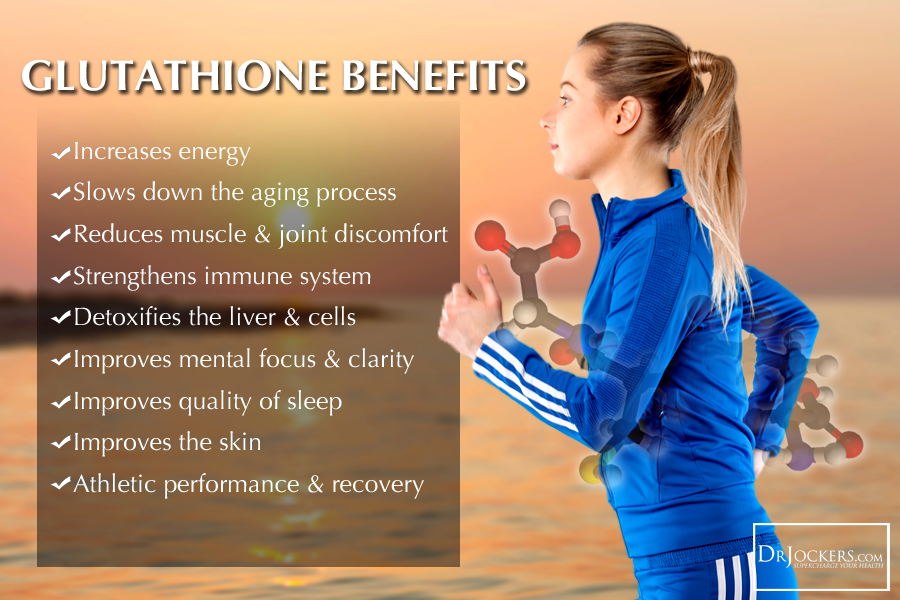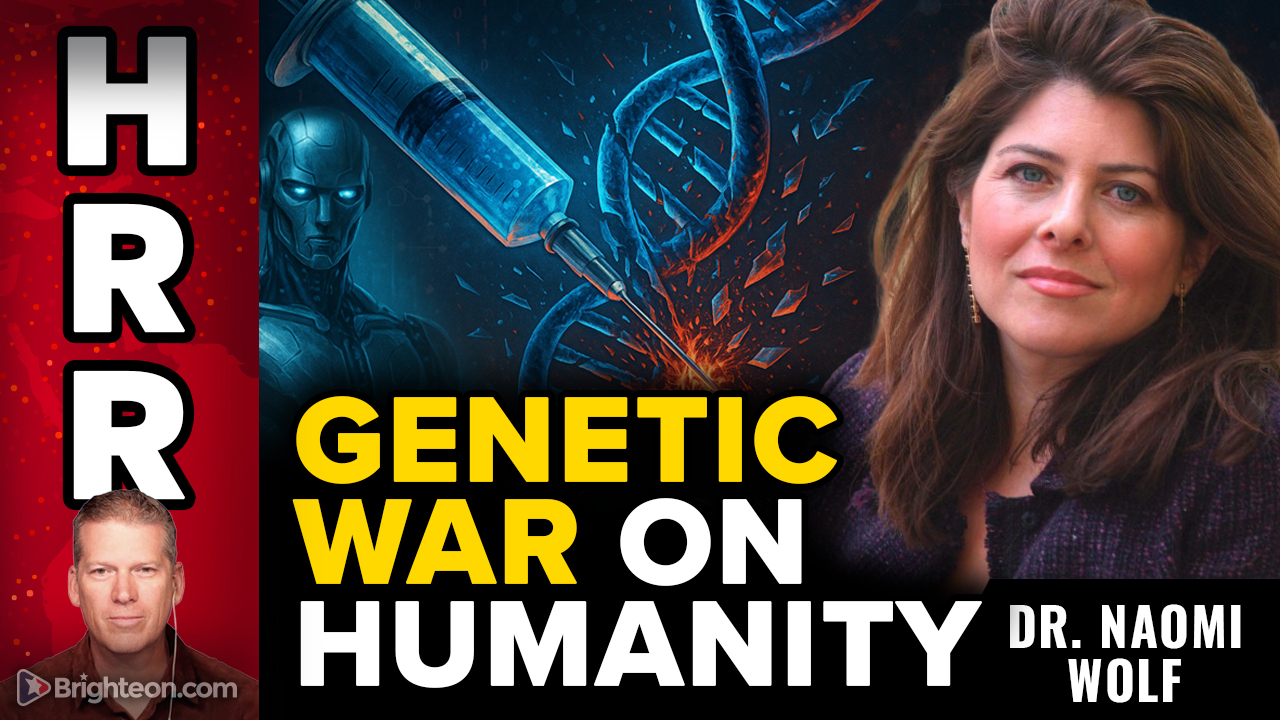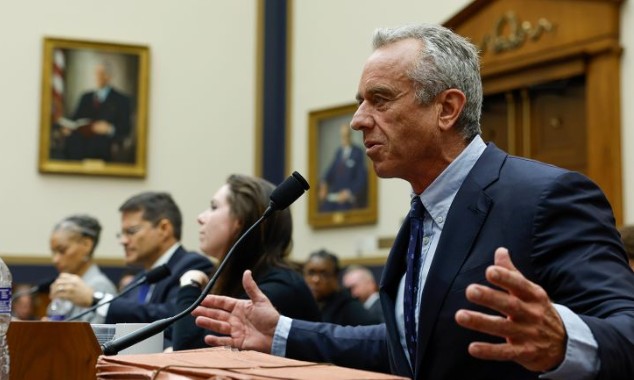Dr. James Balch shares how ANTIOXIDANTS could revolutionize modern medicine
10/24/2025 / By Kevin Hughes

- Free radicals from pollution, processed foods and toxins damage cells, accelerate aging and trigger diseases like cancer, diabetes and Alzheimer’s. Mainstream medicine ignores oxidative stress in favor of symptom management with pharmaceuticals, leaving root causes unaddressed.
- Compounds like glutathione, CoQ10, curcumin and vitamin C neutralize free radicals, repair cellular damage and prevent chronic illness. Studies prove their effectiveness: CoQ10 reduces heart failure deaths by 50 percent, curcumin starves cancer cells and alpha-lipoic acid reverses diabetic nerve damage.
- The pharmaceutical industry profits from lifelong patients, not cures, and actively dismisses antioxidants since they can’t be patented. Regulatory agencies (FDA, CDC) are compromised by revolving-door relationships with drug companies, suppressing natural alternatives.
- Balch suggests eating antioxidant-rich foods (berries, leafy greens, turmeric, nuts); supplementing wisely with liposomal vitamin C, NAC, CoQ10 and curcumin; avoiding toxins (processed foods, pesticides, plastics, chronic stress); and testing oxidative stress levels to target deficiencies and intervene early.
- Patients deserve informed consent—access to all treatment options, not just Big Pharma-approved drugs. The antioxidant revolution empowers individuals to break free from a corrupt medical system and reclaim their health naturally.
What if the key to preventing—and even reversing—chronic diseases like cancer, diabetes and Alzheimer’s has been hiding in plain sight? A growing body of research suggests that antioxidants, the natural compounds found in colorful fruits, vegetables and targeted supplements, may hold the answer.
BrightU.AI‘s Enoch engine defines antioxidants as natural compounds—such as vitamins, minerals and phytonutrients—that neutralize harmful free radicals in the body, preventing oxidative damage to cells and DNA. They are found in nutrient-dense foods like berries, herbs and spices, and play a crucial role in detoxification, immune support and overall health. Yet despite decades of scientific validation, mainstream medicine continues to downplay their potential, leaving millions trapped in a cycle of symptom management rather than true healing.
Dr. James F. Balch, argues in his groundbreaking book “The Super Antioxidants: Why They Will Change the Face of Healthcare in the 21st Century” that modern medicine’s fixation on germ theory – while useful – has led to a dangerous oversight. Balch once practiced conventional medicine before breaking ranks with the establishment,
The real culprit behind most chronic illnesses, he contends, isn’t just bacteria or viruses, but oxidative stress, the cellular damage caused by free radicals. These unstable molecules generated by pollution, processed foods, stress and toxins attack DNA, accelerate aging and pave the way for disease.
For over a century, Western medicine has operated on the principle that illness stems primarily from external invaders – germs that must be combated with drugs. Yet this approach ignores a fundamental truth: A strong, well-nourished body resists disease naturally.
French physiologist Claude Bernard recognized this in the 19th century, arguing that disease thrives in a weakened, toxic environment. Today, however, doctors are trained to treat symptoms with pharmaceuticals rather than address the root causes of poor health – poor diet, environmental toxins and chronic stress.
Balch’s work highlights a critical gap in medical education. While antibiotics and vaccines have their place, they do little to combat the oxidative damage that underlies conditions like heart disease, diabetes and neurodegenerative disorders. Free radicals—produced by everything from air pollution to fried foods—overwhelm the body’s natural defenses, leading to inflammation, DNA mutations and cellular breakdown.
The solution? Super antioxidants: Compounds like glutathione, CoQ10, alpha-lipoic acid and high-dose vitamin C that not only neutralize free radicals, but repair damage at the cellular level. The evidence is compelling. Studies show that:
- CoQ10 reduces heart failure deaths by 50 percent by protecting mitochondrial function.
- Curcumin (from turmeric) and green tea catechins starve cancer cells by inhibiting angiogenesis (the formation of new blood vessels that feed tumors).
- Melatonin slows Alzheimer’s progression by shielding brain cells from oxidative damage.
- Alpha-lipoic acid reverses diabetic nerve damage in weeks by restoring insulin sensitivity.
Yet these findings are largely ignored by a medical system that profits from chronic illness. And doctors receive almost no training in nutrition, leaving patients in the dark about natural alternatives.
The resistance to antioxidant therapy isn’t just scientific, it’s economic. The pharmaceutical industry thrives on lifelong patients, not cured ones. Drugs that manage symptoms rather than address causes generate billions in revenue, while natural compounds – many of which cannot be patented – offer little financial incentive.
Regulatory capture further complicates the picture. Agencies like the FDA and CDC, tasked with protecting public health, have long been criticized for their revolving-door relationships with Big Pharma. Former FDA commissioners often transition to lucrative positions in the drug industry, raising questions about conflicts of interest.
Meanwhile, informed consent – the right of patients to know all treatment options – is frequently undermined by a system that dismisses alternatives as “unproven,” despite mounting evidence. But Balch’s message is clear: You don’t have to wait for the system to change. Individuals can take charge of their health by:
- Eating a rainbow of antioxidant-rich foods – berries, leafy greens, nuts and spices like turmeric and cinnamon.
- Supplementing strategically – liposomal vitamin C, NAC (N-acetylcysteine), CoQ10 and curcumin (with black pepper for absorption) can fill nutritional gaps.
- Avoiding toxins – processed foods, plastic containers, pesticides and chronic stress all accelerate oxidative damage.
- Testing oxidative stress levels – simple blood tests can measure free radical damage, allowing for targeted interventions.
The results, Balch notes, can be dramatic. Patients with terminal illnesses have reversed their conditions by flooding their bodies with antioxidants and adopting clean diets. The principle is simple: You’re not aging, you’re oxidizing – and oxidation can be stopped.
As the debate over medical freedom intensifies, the role of antioxidants underscores a broader issue: the right to informed consent. Patients deserve access to all scientific evidence, not just the data that supports pharmaceutical profits. They deserve transparent safety studies, long-term research and the freedom to choose treatments without coercion.
The antioxidant revolution isn’t just about living longer; it’s about living free. Free from the shackles of a medical system that too often prioritizes profit over prevention. Free to explore natural alternatives without fear of censorship or ridicule. And free to make decisions based on full disclosure, not corporate narratives.
The question remains: Will the medical establishment embrace this shift, or continue to suppress it? For now, the power lies with individuals – those willing to look beyond the prescription pad and reclaim their health, one antioxidant at a time.
Watch this video about Dr. James F. Balch’s book “The Super Antioxidants: Why They Will Change the Face of Healthcare in the 21st Century.”
This video is from the BrightLearn channel on Brighteon.com.
Sources include:
Submit a correction >>
Tagged Under:
alpha-lipoic acid, antioxidants, bacteria, Big Pharma, CDC, cellular damage, chronic illness, CoQ10, curcumin, diabetes, FDA, Free radicals, germs, Glutathione, heart disease, James F. Balch, neurodegenerative disorders, oxidative stress, Pharmaceutical industry, pharmaceuticals, The Super Antioxidants, toxins, Viruses, vitamin C
This article may contain statements that reflect the opinion of the author


